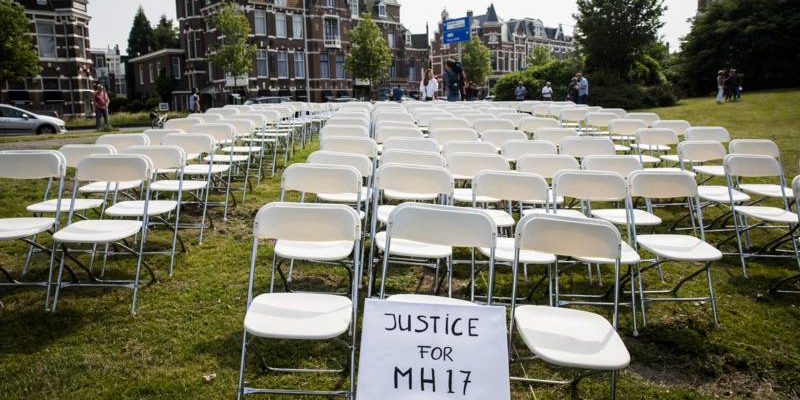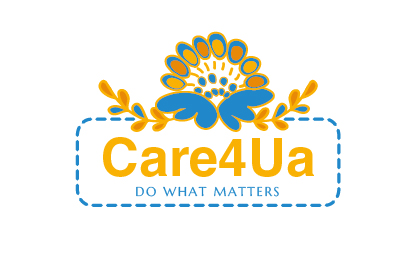The foundation initiates and supports research and raising awareness on fundamental rights and freedoms as well as abuse of power by the authorities in times of Covid-19.
I invite everyone who is willing to contribute to this cause or who is willing to share their stories of fight for freedom, to write to info@promotefreedom.foundation
Court decisions in favor of human rights in times of COVID-19 pandemic
At the beginning of the pandemic, the Council of Europe sent a coronavirus toolkit to the governments of the 47 members in order to instruct them on how not to breach human rights while adopting and implementing health emergency measures.
Human rights foresee positive (to act) and negative (not to act) obligations of the state. Undertaking measures to combat Covid-19 belongs to the positive obligations to save a life. But this positive obligation should be in balance with the negative obligations regarding all other human rights, including the same right to health (both, mental and physical) and life (e.g. suicides as collateral damage of the measures or non-timely diagnostics of another deadly disease) but also right to free speech, to privacy etc. The main risk is that the positive obligations in extreme circumstances often contain the elements of the overreaction (or lack of proper reaction) of the state authorities which may result in collateral damage to different individuals. So, the judges all over Europe are being called to help restore the balance between the benefits of the measures and the damages.
There are not too many published cases yet and even fewer judgments in favor of the applicants. The circumstances and the complaints in different countries are similar but the reasonings of the judges are different: from non-compliance with technical requirements (publication in the official journals) to substantial ones (breach of fundamental rights by the anti-coronavirus laws and ministerial regulations).
- Austria. Austrian Constitutional Court has been a champion in cancelling the measures of the government. Unlike in other states, in Austria there have been around ten judgements by now. The last one was the Judgement of the Constitutional Court of 10 December 2020 to declare the norms of the regulation of the Ministry of Education of 13 May 2020 that introduced masks in the school buildings and the separation of groups of children unconstitutional. The Judgement that cancels the norms of the Regulation is based on the lack of explanation from the Ministry about the basis on which the masks-obligation in the school was introduced.
- Belgium. The Judgement of the Politierechtbank (Police court) of 12 January 2021 about the delict dated 9 August 2020 discards the Decision of the Public Ministry on urgency measures to limit the spread of Covid of 30 June 2020. The applicant challenged the fine issued to him by the police for not wearing a mask in a public place. The Police court recognized that the limitation of the basic human rights based on the ministerial Decision contradicts the Constitution. Besides, the Decision knows no differentiation of the circumstances in which the human rights are being limited which leads to the discrimination of those who are obliged to wear masks in public spaces where there are no people around in relation to the situation when there are many people around. In fact, as a result of the provision of this Decision, the human rights limitations are being interpreted far too wide which leads to legal uncertainty.
- Spain. On the 8 October 2020 the Supreme Court of Madrid denied the ratification of the Madrid Order issued on the execution of the Ministerial Order of the National Health Department introducing stricter lockdown measures in Madrid. Basically, the reason for the cancellation was technical – it lacked a legal basis for the establishment of measures limiting fundamental rights.
- Germany. On the 11 January 2021 the District Court of Weimar declared the 3rd Regulation of Thuringen (ThürSARS-CoV-2-EindmaßnVO) dated 18 April 2020 that prohibited the contacts between people unconstitutional and, therefore, invalid. According to the Court’s decision the prohibition of contact violates human dignity. The applicant is freed from the fine for the violation of the challenged Regulation. Moreover, the judge called the lockdown a “catastrophically wrong decision” (katastrophale Fehlentscheidung).
There also have been cancellation judgments in Slovenia and Bosnia and Herzegovina. In Slovenia, the Constitutional Court declared on the 3rd of December 2020 that three decisions of the Government and the decision of the minister for education, representing temporary measures banning the gathering of people at educational establishments, have not come into effect. In BH the Constitutional Court concluded on 22 April 2020that Orders prohibiting the movement of persons under age 18 and over age 65 during the COVID-19 outbreak on the territory of the Federation of Bosnia and Herzegovina violated the right to freedom of movement.
The spread of the virus is far from over, there are hundreds or even thousands of collateral damages that are not known yet, the “vaccination rules of freedom” are still a theory, the breaches of freedom of speech are speeding up, so in years to come we may focus more and more on what the judges say as they may be the last resort in the protection of our fundamental rights that not long ago seemed to us to be just “a given”.
Resolution of the Parliamentary Assembly of the Council of Europe. Covid-19 vaccines: ethical, legal and practical considerations
PACE urges member states and the European Union to (among others):
7.1.5 put in place independent vaccine compensation programmes to ensure compensation for undue damage and harm resulting from vaccination;
7.1.6 pay special attention to possible insider trading by pharmaceutical executives, or pharmaceutical companies unduly enriching themselves at public expense, by implementing the recommendations contained in Resolution 2071 (2015) on Public health and the interests of the pharmaceutical industry: how to guarantee the primacy of public health interests?
7.3 with respect to ensuring high vaccine uptake:
7.3.1 ensure that citizens are informed that the vaccination is NOT mandatory and that no one is politically, socially, or otherwise pressured to get themselves vaccinated, if they do not wish to do so themselves;
7.3.2 ensure that no one is discriminated against for not having been vaccinated, due to possible health risks or not wanting to be vaccinated; With reference to Resolution 2337 (2020) on Democracies facing the Covid-19 pandemic, the Assembly reaffirms that, as cornerstone institutions of democracy, parliaments must continue to play their triple role of representation, legislation and oversight in pandemic circumstances. The Assembly thus calls on parliaments to exercise these powers, as appropriate, also in respect of the development, allocation and distribution of Covid-19 vaccines.
European Parliament resolution of 13 November 2020 on the impact of COVID-19 measures on democracy, the rule of law and fundamental rights
European Parliament calls on the Member States:
– to consider exiting the state of emergency or otherwise limiting their impact on democracy, the rule of law and fundamental rights,
– to evaluate the constitutional and institutional rules in force in their domestic orders in the light of the Venice Commission recommendations, for instance by moving from a de facto state of emergency based on ordinary legislation to a de jure constitutional state of emergency, hence providing for better guarantees of democracy, the rule of law and fundamental rights in the event of an emergency (48);
to explicitly define in a legislative act, where a de facto state of emergency is maintained, the objectives, content, and scope of the delegation of power from the legislature to the executive, – to ensure that both the declaration and possible prolongation of the state of emergency, on the one hand, and the activation and application of emergency powers, on the other hand, are subject to effective parliamentary and judicial control, both internal and external, and to ensure that parliaments are entitled to discontinue the state of emergency(49),
– to ensure that, if legislative powers are transferred to the executive, any legal acts issued by the executive be subject to subsequent parliamentary approval and cease to produce effects if they do not secure such approval within a certain period of time(50);
to address the excessive use of accelerated and emergency legislation, an issue also pointed out by the Commission in its 2020 Rule of Law Report (COM(2020)0580),
– to examine how better to guarantee the central role of parliaments in situations of crisis and emergency, in particular their role in monitoring and controlling the situation at national level.





